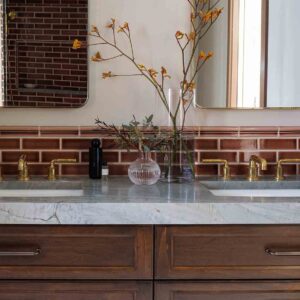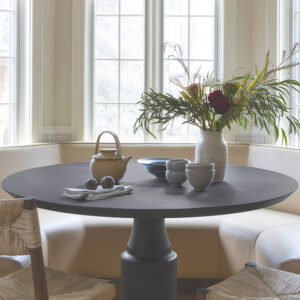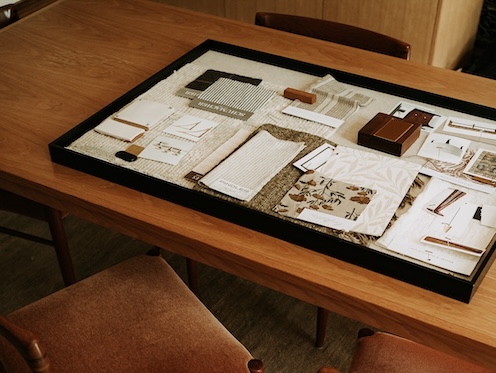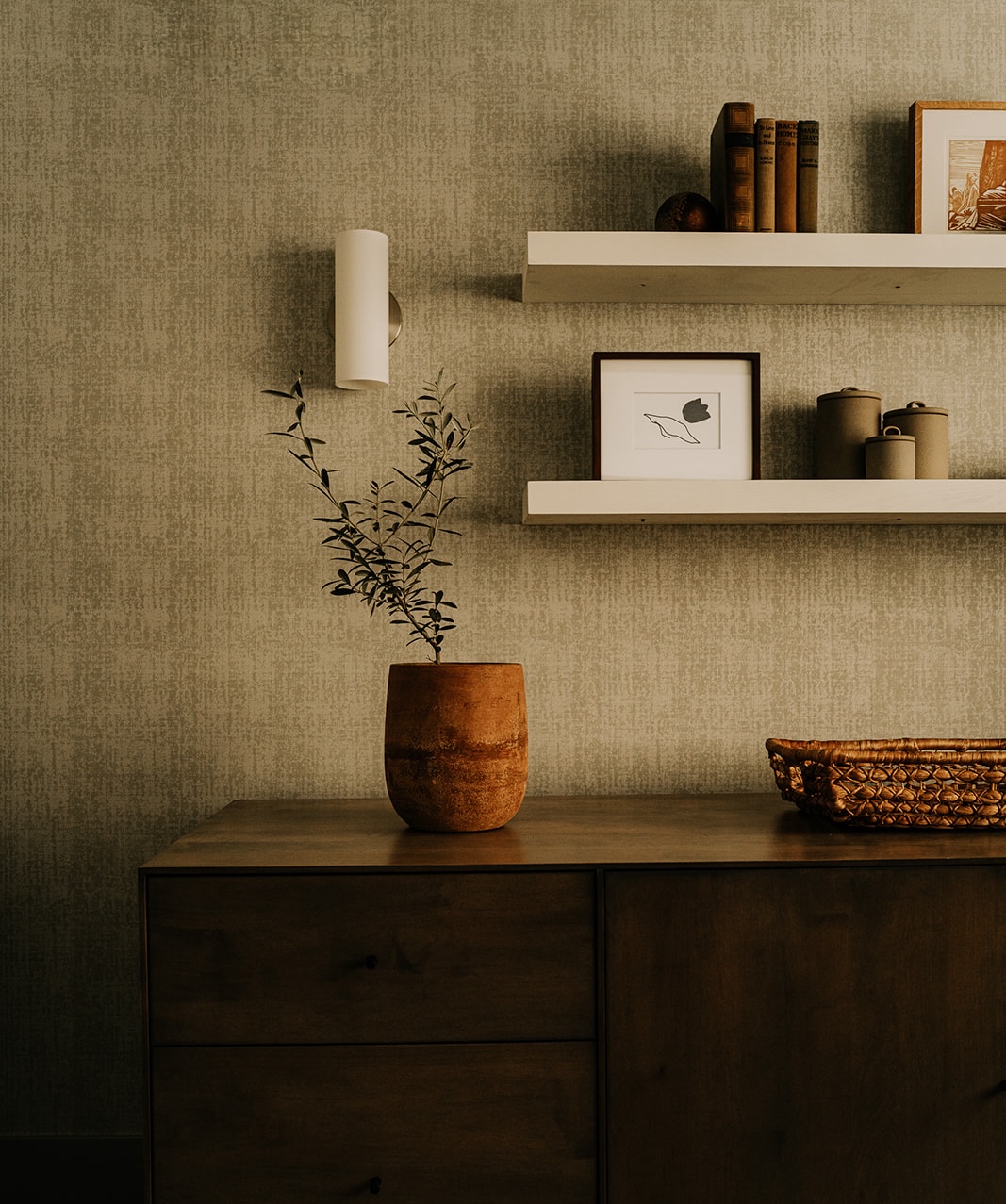Sustainable Design Certifications
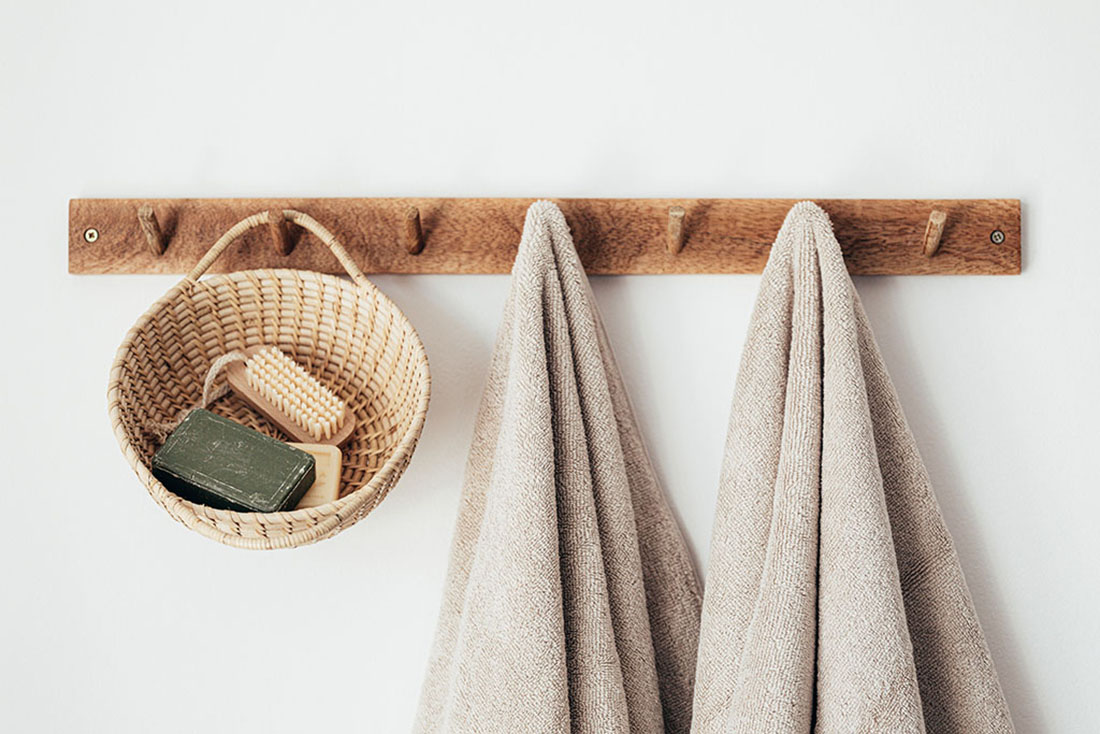
In the world of sustainable design, there are innumerable certifications to declare a product, building, or business as “Green”. Whether it’s a product certification, business, or professional certification, we’ll help you navigate the most common:
Sustainable Product Certifications
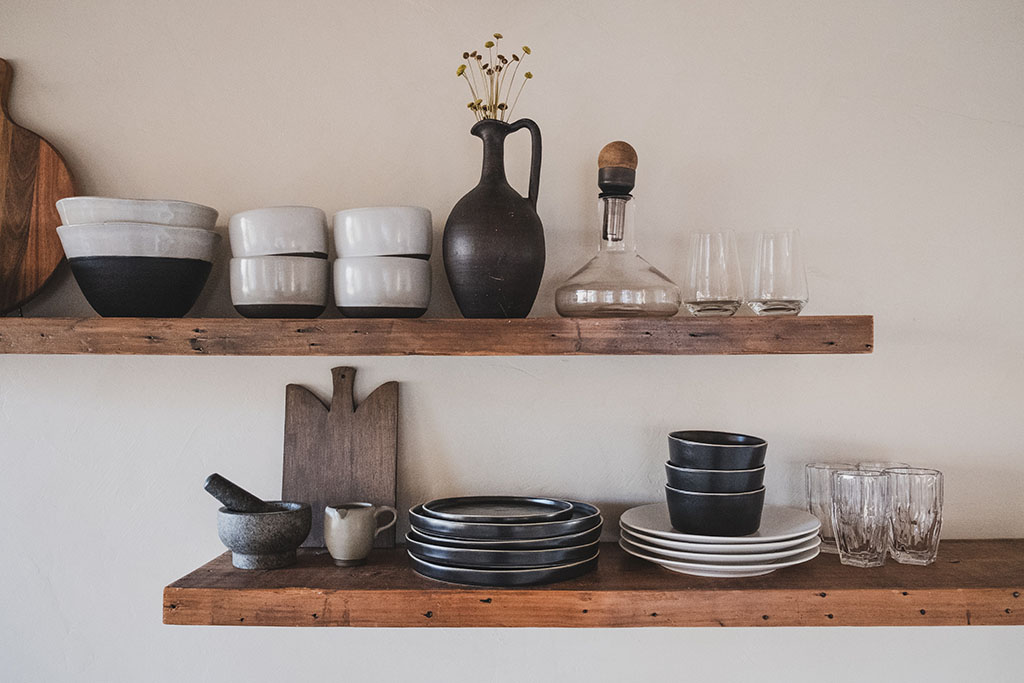
When it comes to home and building products, there are several sustainability certifications that can cover almost any type of product. These certifications examine everything from product lifecycle to impact on human health:
Cradle to Cradle
Cradle-to-Cradle certified products must meet high standards for material health, material reuse, renewable energy and carbon management, water stewardship, and social fairness. This certification is focused on creating a circular economy, where materials are continuously reused (from cradle, to cradle) rather than landfilled (cradle to grave).
Declare
A transparency platform and product database that is changing the materials marketplace. This label identifies where a product comes from, what it’s made of, and where it goes at the end of its life.
Fair Trade
Describes products that are made according to strict social, environmental, and economic standards – including fair wages and safe working conditions for all employees.
Green Seal
This label indicates that a product or service meets or exceeds leadership level, lifecycle base criteria for sustainability, and serves as recognition for helping protect human health, reducing toxic pollution and waste, conserving resources, minimizing climate change and ozone depletion, and performing effectively.
Health Product Declaration
The HPD Open Standard is a standard specification for the accurate, reliable and consistent reporting of product’s contents and associated health information, for products used in the built environment.
Sustainability Certifications for Air Quality & Emissions
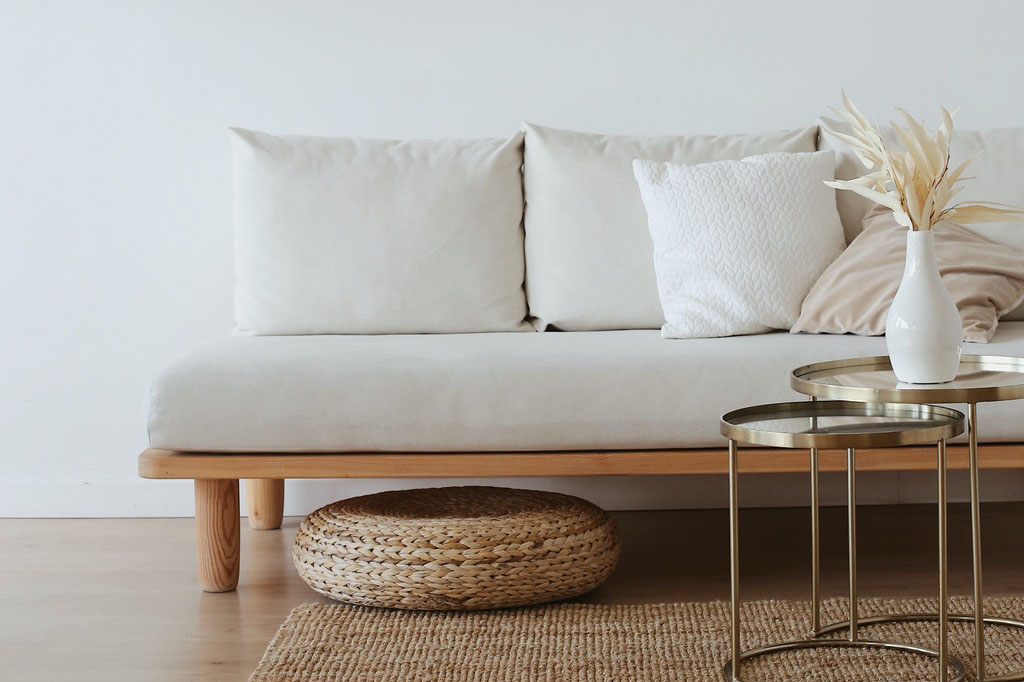
Greenguard
This certification helps manufacturers create – and helps buyers identify – interior products and materials that have low chemical emissions, improving the quality of the air in which the products are used.
Green Label Plus
Identifies carpet, cushion, and adhesives with low VOCs to help improve air quality.
SCS Certified Indoor Advantage
This certification is given to furniture and building materials that meet the highest standards for indoor air quality. A Gold certification indicates compliance with the most rigorous indoor air quality emissions standards in North America, including the most stringent volatile organic compound (VOC) content limits established by California’s South Coast Air Quality Management District.
Sustainability Certifications for Appliances, Fixtures, & Fittings
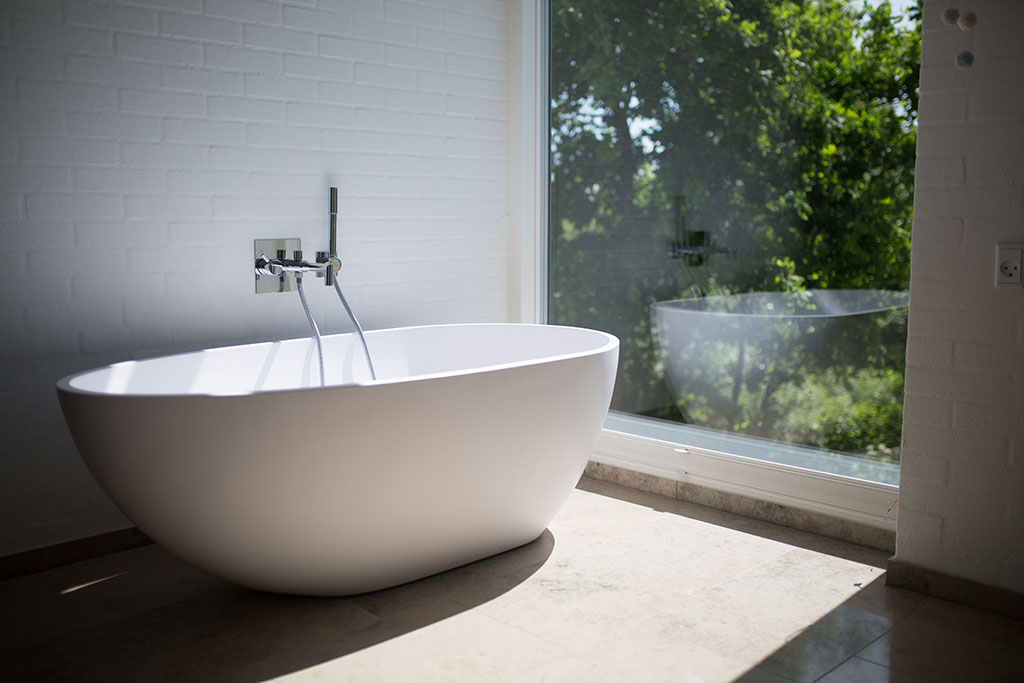
Energy Star
A government-assigned symbol for energy efficiency. Products that earn this label are independently certified to save energy, save money, and protect the climate.
WaterSense
This label is assigned to products that meet the EPA’s specifications for water efficiency and performance. They are 20 percent more water efficient than average products in that category and provide measurable water savings results.
Sustainability Certifications for Flooring
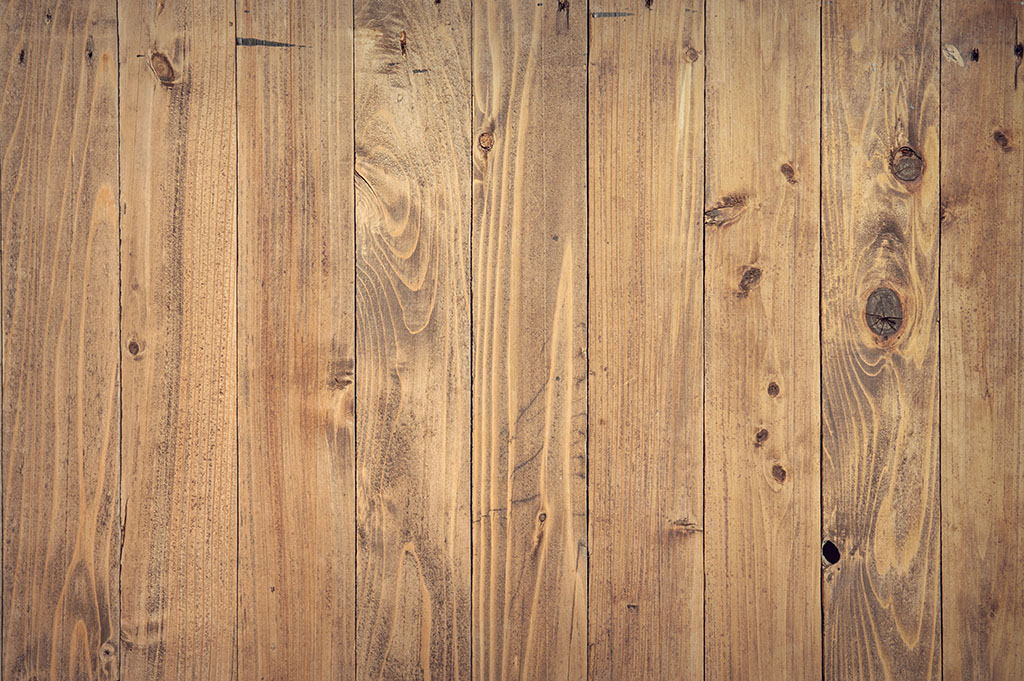
FloorScore
The most recognized indoor air quality certification standard for hard surface flooring materials, adhesives, and underlayments. To become certified, flooring products must undergo an evaluation process, including a review of the product’s formulation and the manufacturing site’s document control system, an onsite audit, and product emissions testing.
Sustainability Certifications for Furniture & Cabinetry
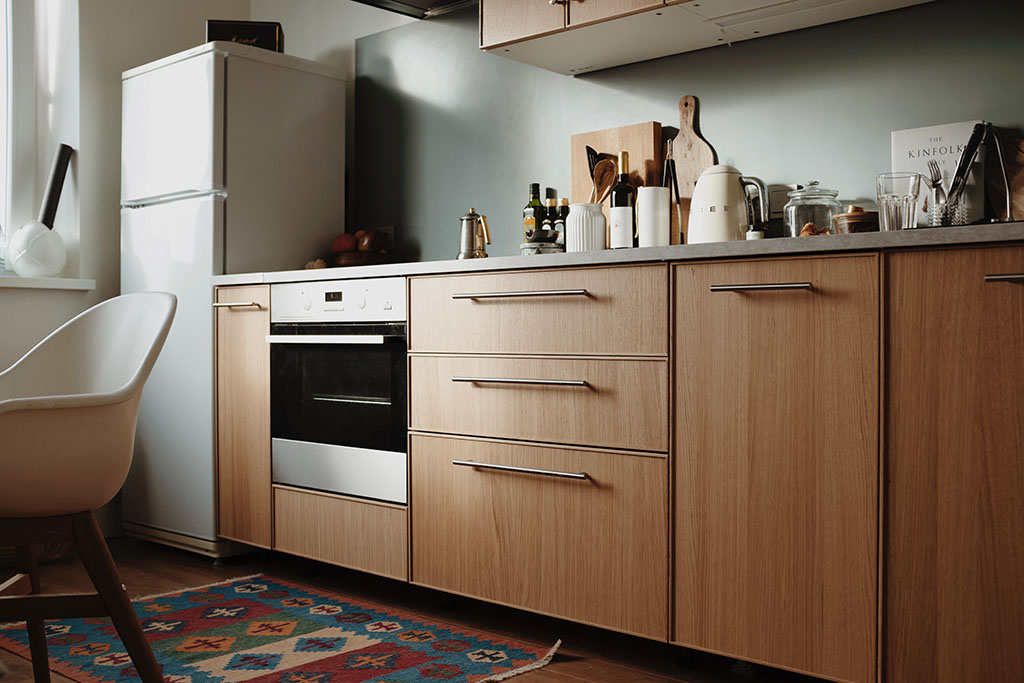
FSC-Certified
FSC stands for Forest Stewardship Council. This certification ensures that products come from responsibly managed forests that provide environmental, social and economic benefits.
KCMA Environmental Stewardship Program Certification
The only environmental certification program that focuses specifically on kitchen and bathroom cabinets. Manufacturer certification is awarded annually based on compliance in five categories: air quality & pollution prevention, resource sustainability, waste minimization, environmental stewardship and community relations.
SFI Chain-of-Custody
This standard is an accounting system that tracks forest fiber content through production and manufacturing to the end product. To identify the percentage of certified fiber, companies can use one of three optional approaches: average percentage, the volume credit method, or physical separation.
SCS Certified Indoor Advantage
This certification is given to furniture and building materials that meet the highest standards for indoor air quality. A Gold certification indicates compliance with the most rigorous indoor air quality emissions standards in North America, including the most stringent volatile organic compound (VOC) content limits established by California’s South Coast Air Quality Management District.
The Wood Furniture Scorecard
The Wood Furniture Scorecard is an initiative of the National Wildlife Federation (NWF) and the Sustainable Furnishings Council (SFC). Its goal is to encourage furniture retailers, big or small, to implement robust policies that drive responsible wood sourcing practices through their complex supply chains.
Sustainability Certifications for Textiles
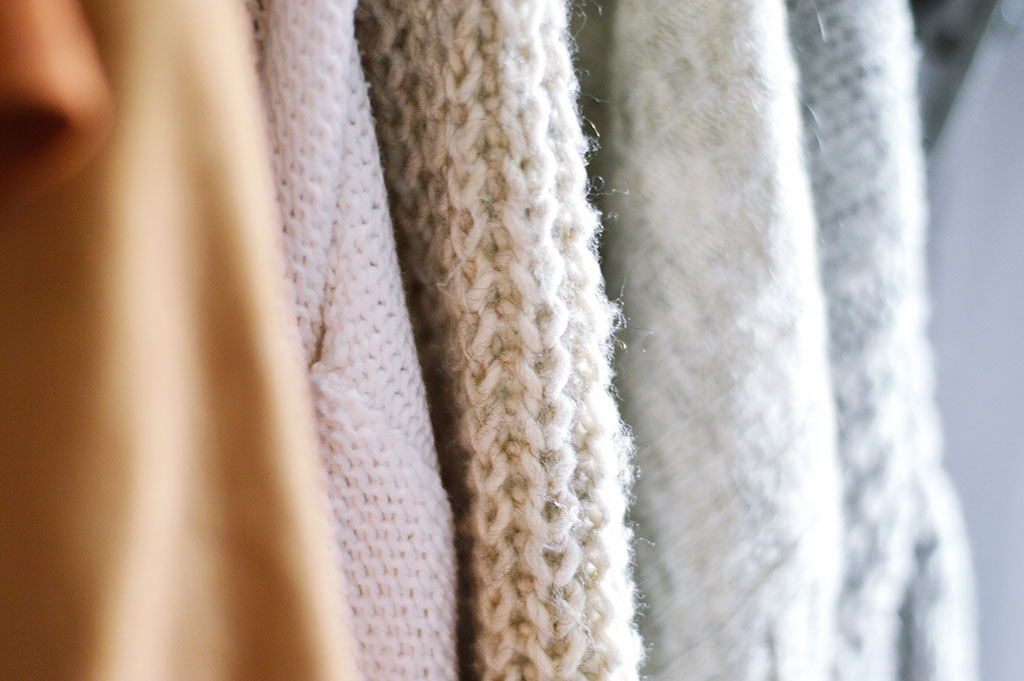
Global Organic Textile Standard (GOTS)
The worldwide leading textile processing standard for organic fibers, including ecological and social criteria, backed up by independent certification of the entire textile supply chain. The goal of this standard is to define worldwide recognized requirements that ensure organic status of textiles – from harvesting of the raw materials, through environmentally and socially responsible manufacturing, up to labeling – in order to provide a credible assurance to the end consumer.
Good Weave
A leading global institution with a mission to end child labor in global supply chains. To earn this label, licensed producers must meet the requirements of the Goodweave Standard, which is rooted in three principles: No child labor is allowed, no forced or bonded labor is allowed, and workplace conditions are documented and verifiable.
Oeko Tex
This certification is for fabrics and textiles and indicates they are free of harmful chemicals and safe for human use. It also guarantees they were manufactured using sustainable processes under socially responsible working conditions.
Responsible Wool Standard
This standard is an industry tool designed to recognize the best practices of farmers, ensuring that wool comes from farms with a progressive approach to managing their land, and from sheep that have been treated responsibly
Green Label Plus
Identifies carpet, cushion, and adhesives with low VOCs to help improve air quality.
Sustainability Certifications for Paint & Finishes

MPI Green Performance
This standard is for paint and is based on three elements: performance, chemical component restrictions, and maximum allowable limits of volatile organic compounds (VOCs).
Responsible Down Standard
This standard aims to ensure that down and feathers come from animals that have not been subjected to unnecessary harm. It was developed with the input of animal welfare groups, industry experts, brands, and retailers, and recognizes and rewards the best practices in animal welfare.
Sustainable Business Certifications
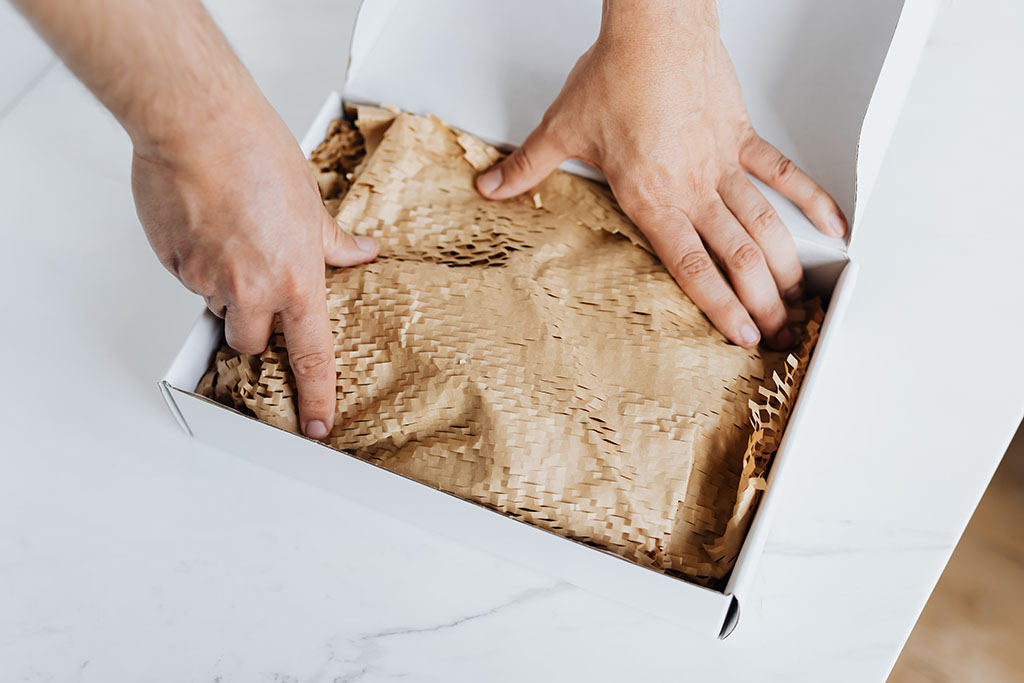
B Corp Certification
The only certification that measures a company’s entire social and environmental performance – from its supply chain and input materials to its charitable giving and employee benefits. A business that is B Corp certified is one that is meeting the highest standards of verified performance.
Green America Certification for Green Businesses
This certification is awarded to businesses that are committed to using business as a platform for social change.
Green America certifies businesses that are 1) actively using their business as a tool for positive social change 2) operating a values-driven enterprise according to principles of social justice and environmental sustainability 3) environmentally responsible in the way they source, manufacture, and market their products and run their operations and facilities 4) socially equitable and committed to extraordinary practices that benefit workers, customers, communities, and the environment, and 5) accountable for their work by continually improving and tracking their progress, and operating with transparency in every facet of their business.
Green Circle Certified
Green Circle uses a rigorous evaluation process to verify the validity of a company’s sustainability claims, from its products to its processes.
UL Zero Waste to Landfill
The UL waste diversion validation program focuses on monitoring and measuring material flows that are not part of an organization’s final product. UL requires at least 90 percent diversion through methods other than waste to energy to achieve Zero Waste to Landfill designations (90-94% for Silver, 95-99% for Gold, and 100% for Platinum).
Sustainable Design Professional Certifications

GREEN AP – Sustainable Furnishings Council
The Sustainable Furnishings Council (SFCS) is a coalition of manufacturers, retailers and designers dedicated to raising awareness and expanding the adoption of environmentally sustainable practices across the home furnishings industry. Green Leaders and Green Accredited Professionals are certified in sustainability training by the SFC.
LEED AP – US Green Building Council
The mission of the US Green Building Council is to transform the way buildings and communities are designed, built and operated – enabling an environmentally and socially responsible, healthy, and prosperous environment that improves the quality of life. A LEED credential indicates proficiency in today’s sustainable design, construction and operations standards.
Living Future Accredited (LFA) – International Living Future Institute
The achievement of Living Future Accreditation (LFA) distinguishes someone as a leader in the regenerative design community and acknowledges their work towards making their community socially just, culturally rich, and ecologically restorative.
WELL AP
The WELL Accredited Professional credential denotes expertise in the WELL Building Standard and a commitment to advancing human health and wellness in buildings and communities around the world.
Sustainable Building Certifications
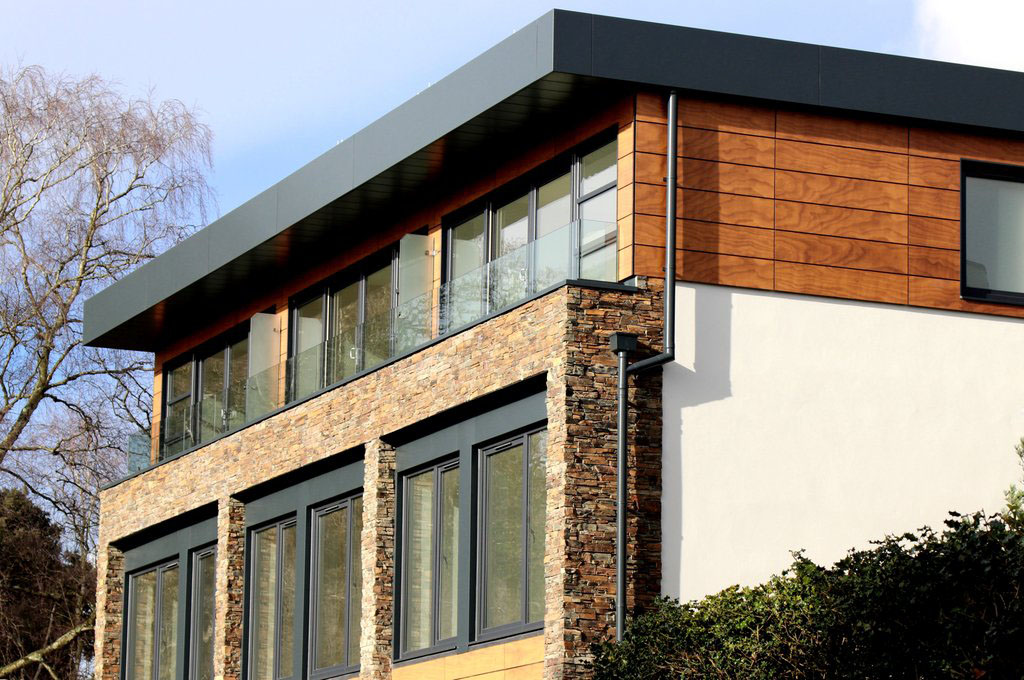
Green Squared
Green Squared certification acknowledges products (ceramic tile, glass tile, and tile installation materials) which have been verified by an independent 3rd party to be in conformance with ANSI A138.1. The Green Squared Certified mark helps architects, designers, and end users choose products that meet the industry’s criteria for sustainability.
BREEAM
BREEAM (Building Research Establishment Environmental Assessment Method) is a leading sustainability assessment method for masterplanning projects, infrastructure and buildings. BREEAM uses standards developed by the BRE to asses an asset’s environmental, social, and economic sustainability performance.
Green Globes
Green Globes is an online green building rating system and certification tool used primarily in Canada and the USA.
Living Building Challenge
The Living Building Challenge is a performance standard for buildings. Its regenerative design framework helps to create spaces that give more than they take. Living Buildings are regenerative, self-sufficient, and create a positive impact on the human and natural systems that interact with them.
Net Zero Energy Building
A Net Zero Energy Building has 100% of its energy needs supplied by on-site renewable energy on a net annual basis. The NZEB designation confirms that a building is in fact harnessing energy from the sun, wind, or earth to exceed net annual demand.
Passive House Institute
The Passive House certification is the only internationally recognized performance-based energy standard in construction.
SITES
SITES is a framework that assists landscape architects, engineers, and others with practices that protect ecosystems and promote climate regulation, carbon storage, and flood mitigation. SITES-certified landscapes help reduce water demand, filter stormwater runoff, reduce energy consumption, and improve air quality + human health. Certification is based on a point system: the number of points that a project earns determines the certification level it receives (Certified, Silver, Gold, or Platinum).
Interested in learning more about sustainable design? Sign up for our newsletter here.

